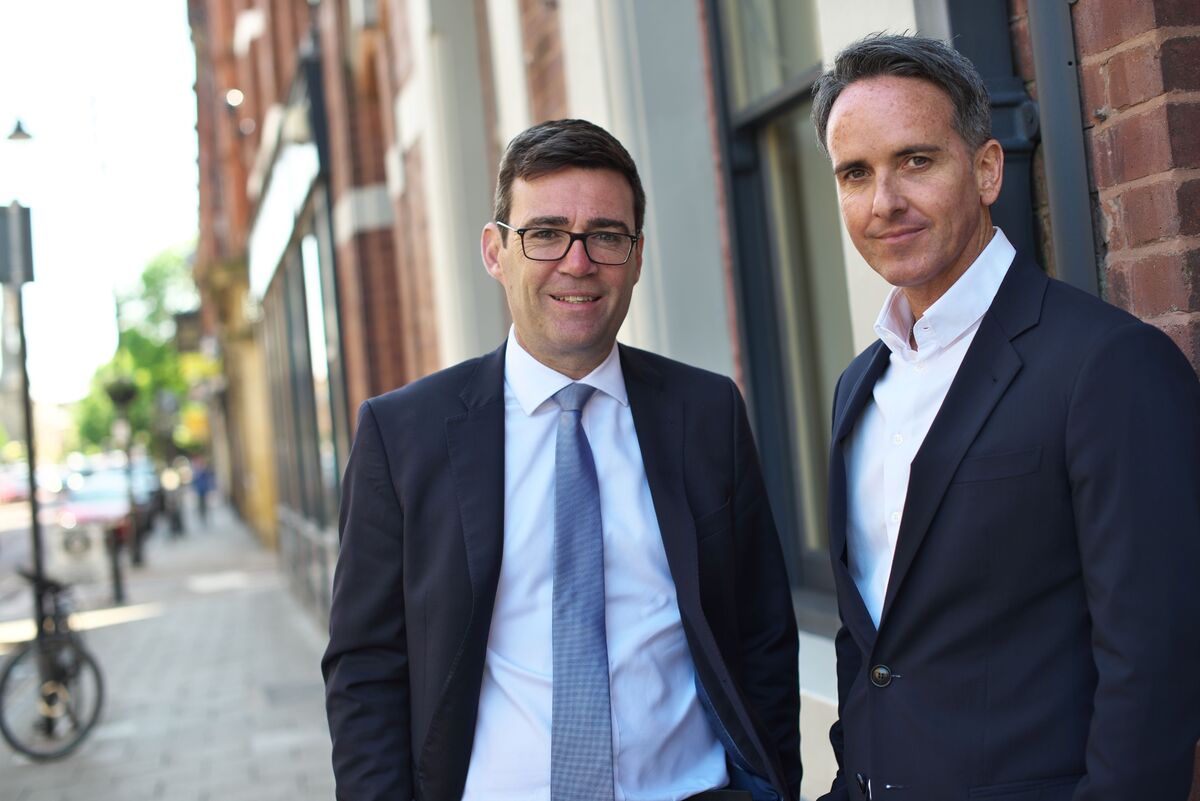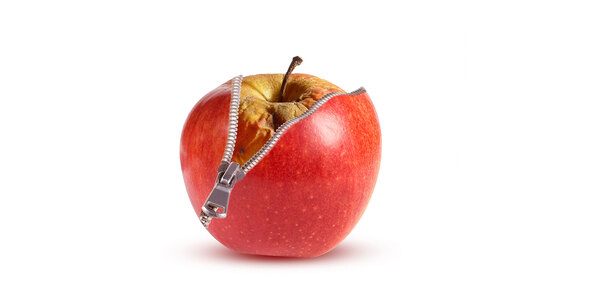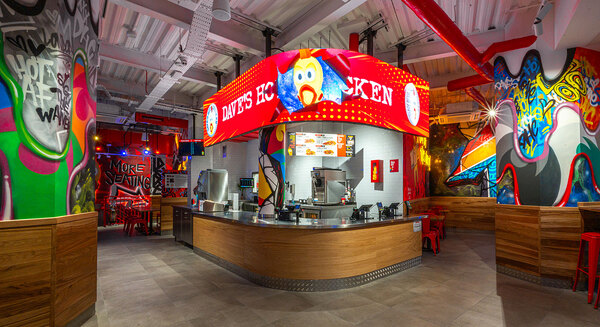Viewpoint: Disparity between pay rates in public and private sectors is an inconvenient truth
Organisations representing our industry are competing with the state for talent on a playing field that is far from level, says Peter Hancock
Finding and keeping decent staff is one of the greatest challenges facing hoteliers and restaurateurs today. We also know that hospitality offers amazing opportunities for rapid career progression and the chance to acquire skills that can be used anywhere in the world. Yet still the challenge persists.
Imagine my surprise, therefore, when a group of university catering managers told me at a recent conference that they had no difficulty in filling vacancies, either in the kitchen or front of house. Delving deeper, it transpires that not only do their teams often work Mondays to Fridays, but also that they are better paid than their counterparts in the private sector.
According to recruitment specialist Reed Hospitality & Leisure, average hourly rates in the public sector are typically 10% higher.
This is in part because the government has set the ‘real living wage' at £8.45 outside London and £9.75 in the capital, whereas the National Living Wage, which many employers in the private sector use as a starting point for setting their rates, is £7.50. Clearly, the public sector needs to be seen to embrace its own recommendation and so tends to offer the real living wage as a minimum.
The irony of this will not be lost on you. While organisations representing our industry battle with the state to secure fair terms of business, we are, in fact, competing against it for talent on a playing field that is far from level, and where generosity on the part of the public sector employer is underwritten by the taxpayer. Yes, that's you and me.
I mean no disrespect to university caterers, of course. They do a brilliant job and are valuable members of our trade, handling vast budgets and taking the wellbeing of their students and colleagues extremely seriously. No, the issue here is the distorted market caused by this disparity in pay rates between the public and private sectors, for which they bear no personal responsibility.
What are the options? Presumably, we will see wages creep ever upwards so long as demand exceeds supply, as in other goods and services. Perhaps some operators will look for ways to reduce the head count, taking their lead from budget hotel chains with their ruthless efficiency. This is much harder to implement at the luxury end, of course, where service is everything.
How times change. In my first full-time job as a waiter, I had no living costs; accommodation, food, drink and even cigarettes were provided. Our modest wages tended to be spent at a casino â" the only place still open after our duties were over each evening â" and thank goodness we never calculated the hourly rate. I think we might have cried.
Peter Hancock is chief executive of Pride of Britain Hotels



















